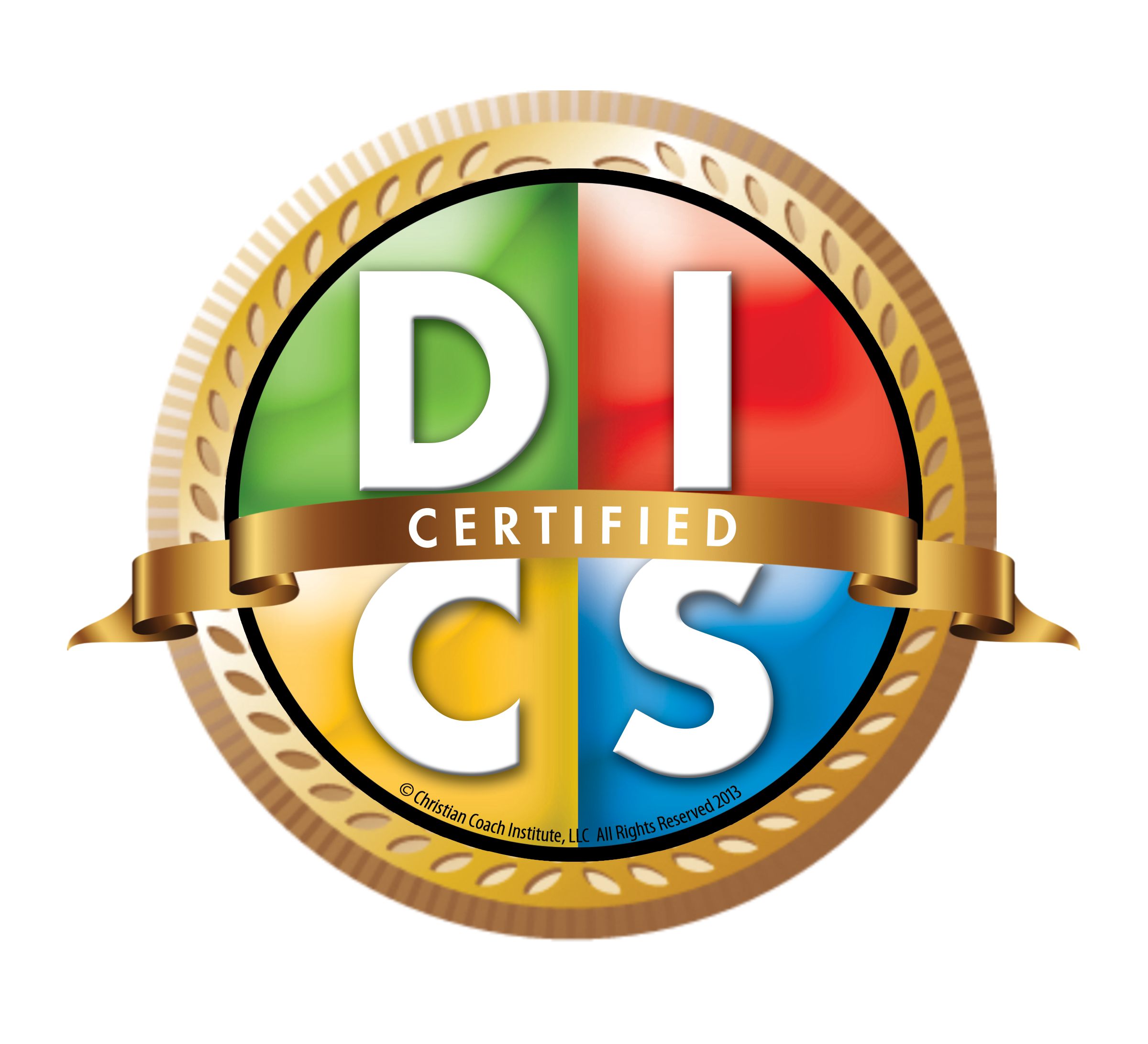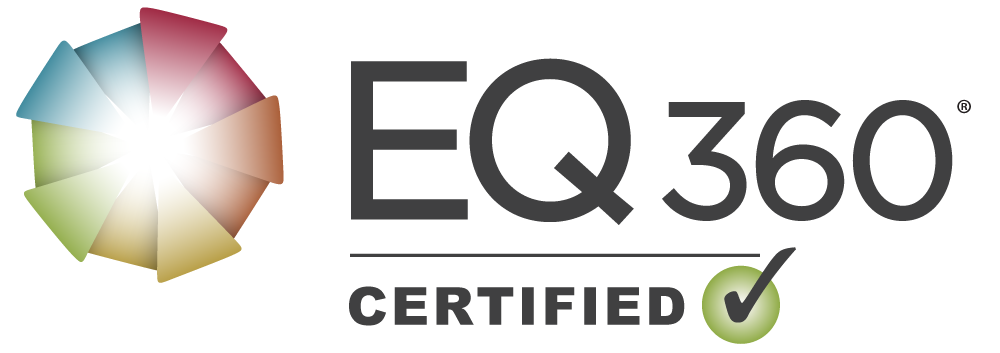Growing up in a large, tight knit family with both Christian and southern values, as a child I was subject to innumerable rules, corrective discipline, and life lessons. Rules were thought to build character, and discipline was the means by which rules were enforced. Like Aesop's Fables, my own experiences, and the experiences of those around me were used as the framework for both positive and negative examples of the potential outcomes of my behavior.
I was taught to use my inside voice when in close quarters so that my audience would listen to my words instead of only hearing the tone of my voice. I was admonished that as a child I was never to speak when an adult was speaking and to show respect to my elders. I was also taught to always behave in a proper manner by honoring and respecting my person, so that others would as well. Many of the lessons and rules that I was taught as a child became irrelevant and outdated or simply faded with time. But those that remained, such as the importance of respecting communal as well as individual differences, and the value of venturing outside of my racial, religious, and economic comfort zones, became key factors in my ability to build fruitful personal relationships and to attain corporate success. By far, the most fundamental, yet crucial lesson learned, was the need to maintain my personal integrity, despite circumstances, situations or even threat of punishment. Personal integrity became a core principle early in my life and later became imperative to my ability to function throughout my career.
As a strong-willed child, it was almost too easy to maintain my integrity. The freedom of truth was much preferred to the heavy weight of lies and judgement. Perhaps I took too much pride in erring on the right side of the equation, causing my mother to often admonish me that too much pride could result in my downfall as easily as a lack of integrity. Even with this warning, my childhood mantra became that it was better to tell on myself, than to have someone else tell my story for me. This same behavior, if not rebuffed, was certainly widely viewed with skepticism in corporate America. I found that honesty and integrity were the exceptions, not the rule. The childhood lesson of using the proper voice to engage my audience segued well into adulthood and the business world. Knowing when to use my inside voice translated into understanding the importance of the proper tone of voice necessary to engage the appropriate audience. Curiosity about, and respect for communal and cultural differences allowed me to cross invisible corporate boundaries and function at the management level of companies before diversity and inclusion became best practice.
The ability to communicate equitably, along with the capacity to garner respect and to show respect to others, all while maintaining my integrity have been rudimentary elements of my behavior at every level at which I have functioned in business. More importantly these elements of business behavior mirror my personal conduct and began with life lessons learned and instilled as a child. Though world behaviors and acceptable practices continue to evolve, my personal moral compass remains grounded in the rules, disciplines and life lessons which molded my person into the individual I am today.
Who are you?







